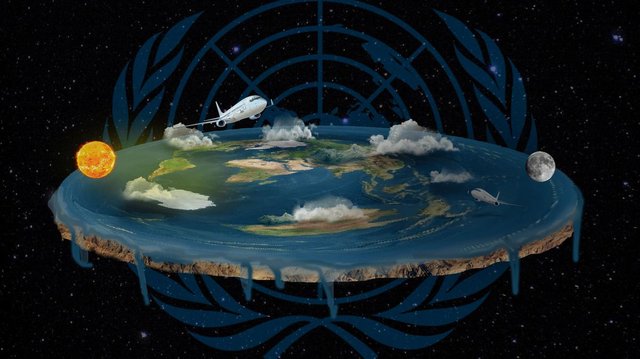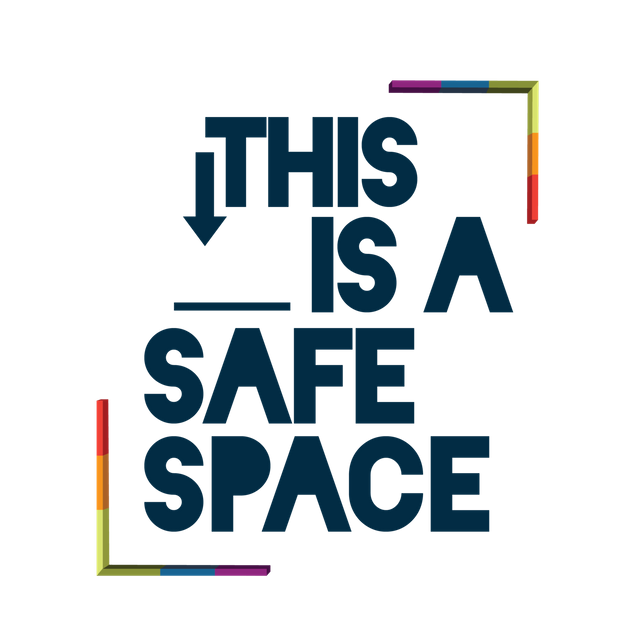A Culture of Self-Diagnosis

From Buying Pills to Writing Prescriptions
America has always had an interesting relationship with “medication,” whether they’re actual issues with pharmaceuticals (legit, makeshift, or otherwise) or more social treatments like diets and self-help books. It’s of no surprise that a country built on ‘individualism’ is obsessive over any drug or procedure that boosts up individual feeling, productivity, and self-esteem.
But I’ve noticed something else arise out of this culture of self-medication, and that is of ‘self-diagnosis’. For some reason or other, more and more people feel the authority to determine what is wrong with themselves in the first place, which then lays the premise of prescribing oneself according to one’s own determination. There’s a big difference between the two. Self-medication is done after there is a consensus that others help you reach, whether it is a doctor verifying your arthritis or a personal trainer recommending higher protein intake. Taking steps to act on that diagnosis is then up to the diagnosed. However, to determine what is wrong with you or your situation in the first place… well, that’s a different thing altogether.

We see this play out in a number of strange ways in the US, from Flat-Earthers to Anti-Vaxxers, we have these alien ideologies emerge without substantial evidence. In fact, these beliefs persist despite the overwhelming consensus that refutes their beliefs. In these instances, opinions seep into the same domain as religious faith and little justification or logic will shake them out of those ideologies.
With vaccine doubters and people who think a flat horizon means a flat earth, neither hold any credence in major institutions. They have decided, to their own social peril, that they will believe what they want and live life accordingly. Their diagnosis dictates their actions, and we see the real danger of letting people decided for themselves what their reality or condition is.
And this leads me to my biggest criticism of a much more mainstream phenomenon -
I Need Safety, I Need Space
Many, many, many, and ever more many people have criticized the concept of Safe Spaces in Western society. They’re almost a staple at the university level and are slowly overflowing with the latest generations into real life and public space. I’ll repeat some of the criticisms here - an artificial push to keep people’s identities and ideas separated, a fantasy world that coddles young minds, a basis for emotional and physical violence… and the list goes on. For me, these are more the consequences of what safe spaces produce at the social level. For this post, I’d like to hone in why this phenomenon happens in the first place.

Of course, this wraps back around to a culture of ‘self-diagnosis’. “I’ve been through this particular experience/trauma as a ______ (insert immutable identity here) and thus I need a space that accommodates that with people who can empathize.” We have basically allowed young people to assign themselves the title of “patient” and handed themselves their own prescription. There are actually no legitimate studies or psychological reports that this method of treatment solves much of anything, and the diagnosis - that certain experiences are traumatic and deserving of social attention - is not done externally.
Imagine analogizing this to a doctor’s office. You walk into a medical practitioner’s office, declare that you feel funny, decide that it’s lingering trauma from a mosquito bite or football tackle or allergy to seeded fruits, and declare that you’re taking x doses of whatever drug. Strange, no?

Ultimately, I believe safe spaces are a symptom of inarticulate people being unable to properly understand vague social problems. And of course, it’s easier to have a communal and self-validating problem to blame on than to take up difficult personal responsibility. We don’t allow children to decided their eating or television habits, since we know full well that leafy greens and reading are objectively healthier. Why do we allow people just slightly older to determine what a healthier social situation is? This is not much different than allowing theories of the flat earth and vaccine’s link to autism to pervade across an academic setting. We have professionals for this, and we should avoid mob decisions at all costs.
Anyway, let me know what you think.
